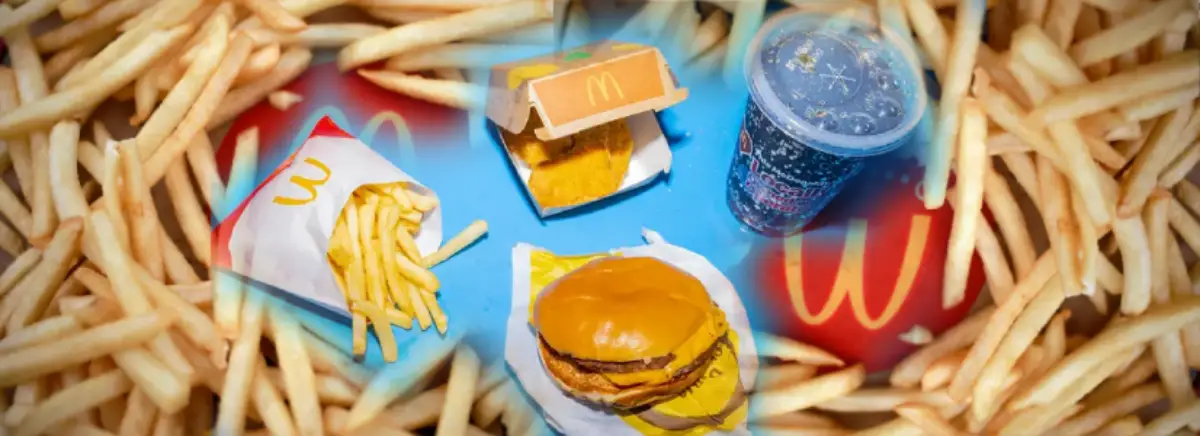The iconic McDonald’s french fries, a staple of fast-food culture, are facing a surprising downturn, and it’s impacting more than just the restaurants. Lamb Weston, the largest supplier of McDonald’s french fries in North America, has announced the closure of its plant in Connell, Washington, resulting in the loss of 375 jobs, or 4% of its workforce.
This decision comes as Lamb Weston battles declining demand, fueled by inflation and changing consumer habits. As the cost of dining out increases, more Americans are opting to eat at home, contributing to sluggish sales at fast-food chains like McDonald’s. According to Lamb Weston’s CEO, Thomas Werner, the recent promotions at McDonald’s — such as their $5 Meal Deal — have prompted customers to trade down from medium to small portions of McDonald’s french fries, further hurting overall sales.
Inflation Hits McDonald’s and Its French Fry Supplier
Inflation is a key factor behind the changing consumer behavior. A recent survey found that 80% of Americans now consider fast food a “luxury” due to rising prices. Chains like McDonald’s have responded by introducing value deals, but these offers have not been enough to offset the decline in demand for McDonald’s french fries.
Despite McDonald’s efforts, the chain reported a 0.7% drop in U.S. sales last quarter. As McDonald’s largest supplier, Lamb Weston is highly dependent on the burger chain, which accounts for 13% of its sales. With traffic to fast-food chains falling by 2% last quarter, the downturn in the consumption of McDonald’s french fries has severely impacted Lamb Weston’s financial performance. The company’s shares have dropped by 35% this year, and it has now cut production and reduced its workforce to manage the oversupply of frozen potatoes.
McDonald’s French Fry Sales Slump
The trend of trading down from medium to small fries has significantly affected McDonald’s french fries sales. While value meals have been popular, they’ve resulted in lower overall consumption of fries, according to Werner. This has caused Lamb Weston to re-evaluate its production strategy, cutting costs and streamlining operations in preparation for what could be a tough fiscal 2025.
The closure of the Connell plant and the job cuts reflect the broader challenges facing both Lamb Weston and its biggest client, McDonald’s. As fewer customers visit fast-food chains and opt for smaller portions of McDonald’s french fries, suppliers are left with excess inventory and declining profits.
The Future of McDonald’s French Fries
Although Lamb Weston also supplies grocery stores and upscale restaurants, its reliance on fast-food chains — especially McDonald’s — remains a critical part of its business. The shrinking demand for McDonald’s french fries signals a shift in the fast-food industry, driven by inflation, rising labor costs, and changing customer preferences.
As the fast-food sector continues to adjust to these challenges, both McDonald’s and Lamb Weston will need to navigate this new landscape, where the once-untouchable status of McDonald’s french fries is no longer a certainty.







